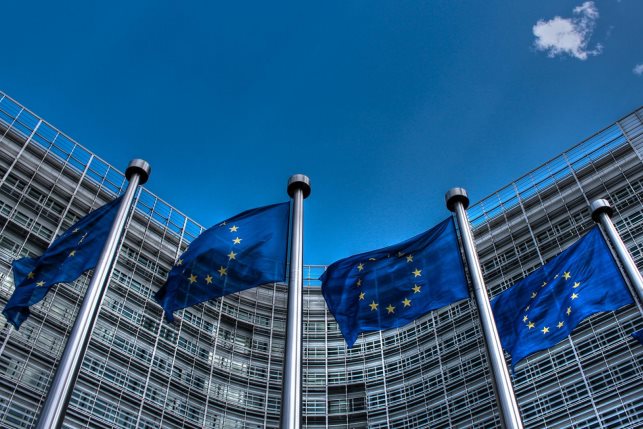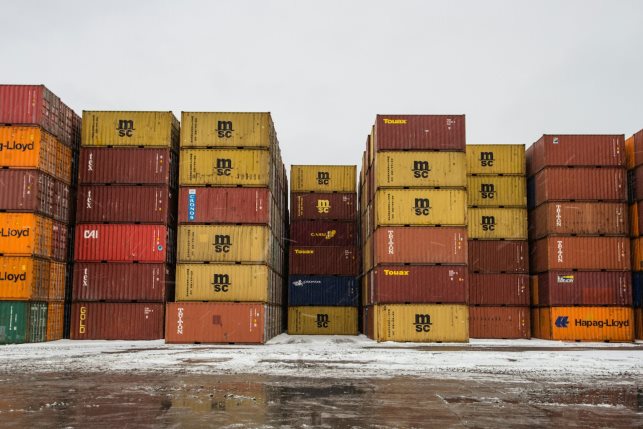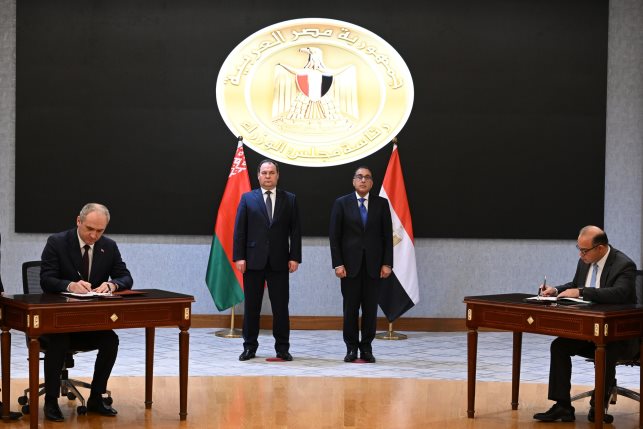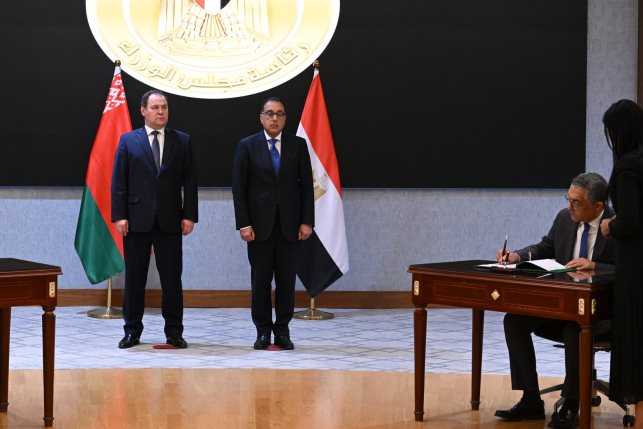Gap between infrastructure needs and expected spending is $15 trillion by 2030 | MOICMin
Al-Mashat confirmed that there are major obstacles preventing countries from participating in the private sector in infrastructure projects, related to the risks associated with implementing these projects, and the ability of governments to structure bankable projects and mitigate the size of the risks of participation in those projects.
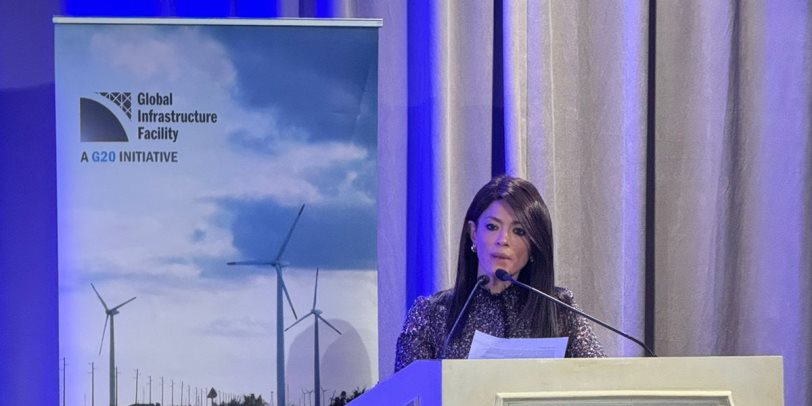
Sustainable infrastructure is the primary factor for achieving economic and social progress in various countries of the world. Despite this, there is a huge gap between the actual global infrastructure needs and the expected spending by 2030, estimated at $15 trillion, which imposes a major challenge, especially for emerging markets and developing economies, which need huge investments to meet their requirements, Minister of International Cooperation, Rania Al-Mashat, said.
Al-Mashat confirmed that there are major obstacles preventing countries from participating in the private sector in infrastructure projects, related to the risks associated with implementing these projects, and the ability of governments to structure bankable projects and mitigate the size of the risks of participation in those projects.
This came in the minister’s speech addressing the Global Infrastructure Facility (GIF) Advisory Council at the spring meetings of the International Monetary Fund and the World Bank.
The Minister referred to the government efforts made to implement the National Strategy for Climate Change 2050, and the Ministry of International Cooperation’s launch of the country platform for the “NWFE” program, the nexus of water, food, and energy projects, which includes 9 priority projects in the areas of mitigation and adaptation to climate change, pointing out that In the current period, cooperation with development partners is being strengthened to prepare the technical studies necessary to implement the projects.
The Minister reviewed the cooperation between the government and the GIF Infrastructure Facility, under the umbrella of joint work with the World Bank Group, in 5 priority projects, where the GIF provided advisory services to develop the green hydrogen program in Egypt in a way that enhances foreign direct investments in this field and supports the opening of markets.
The facility also strengthened efforts to attract private sector investments in water desalination programs and support the private sector’s participation in these types of projects, in addition to providing advisory services to strengthen the partnership between the government and private sectors (PPP), especially in dry ports projects and logistics centers. It also contributed to providing technical support and consulting services to stimulate investment in priority infrastructure projects and stimulate the investment environment.


